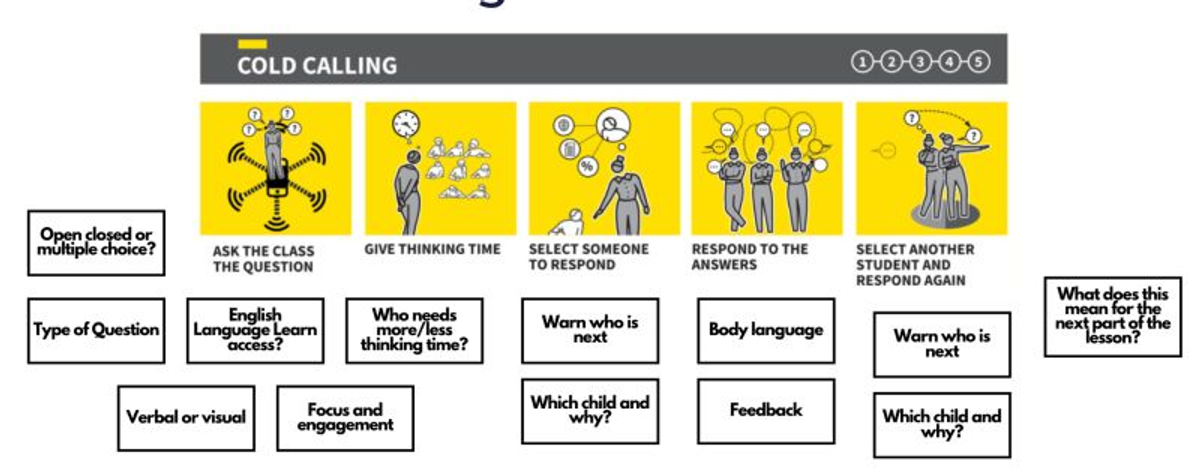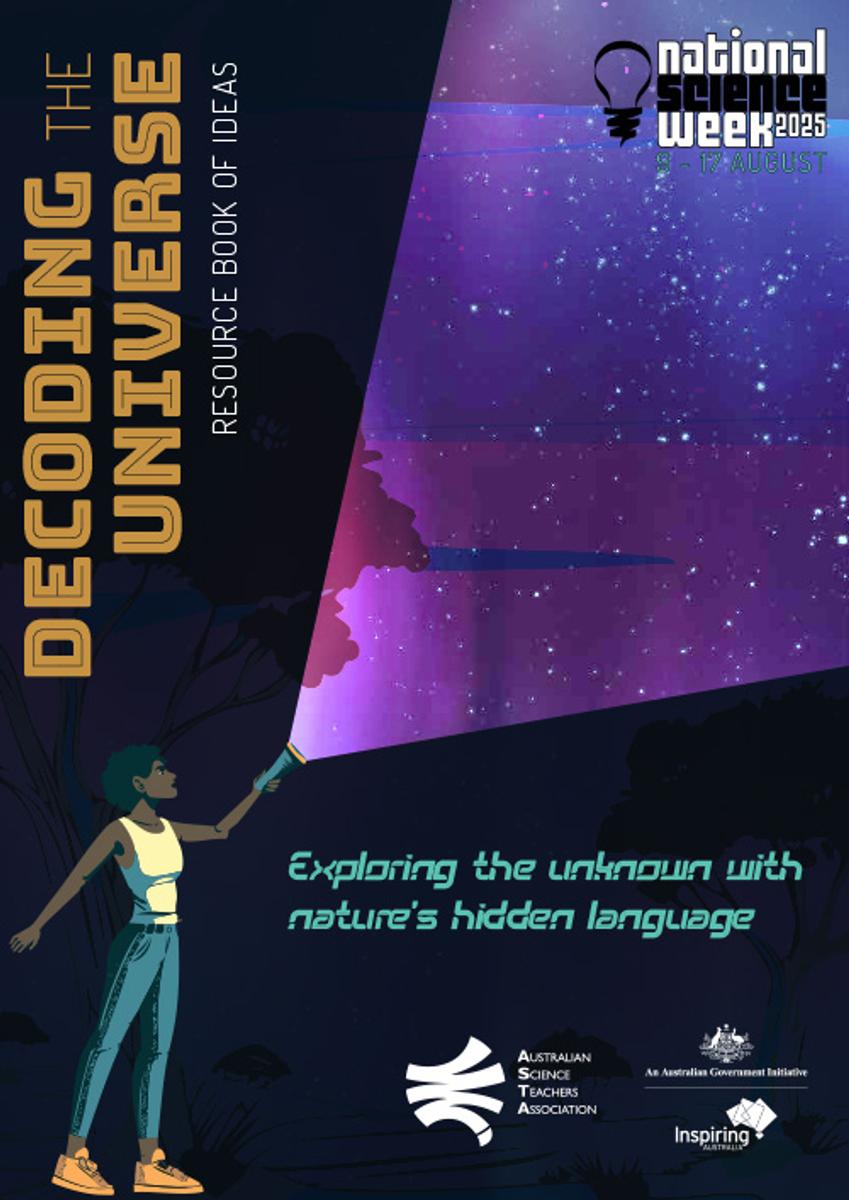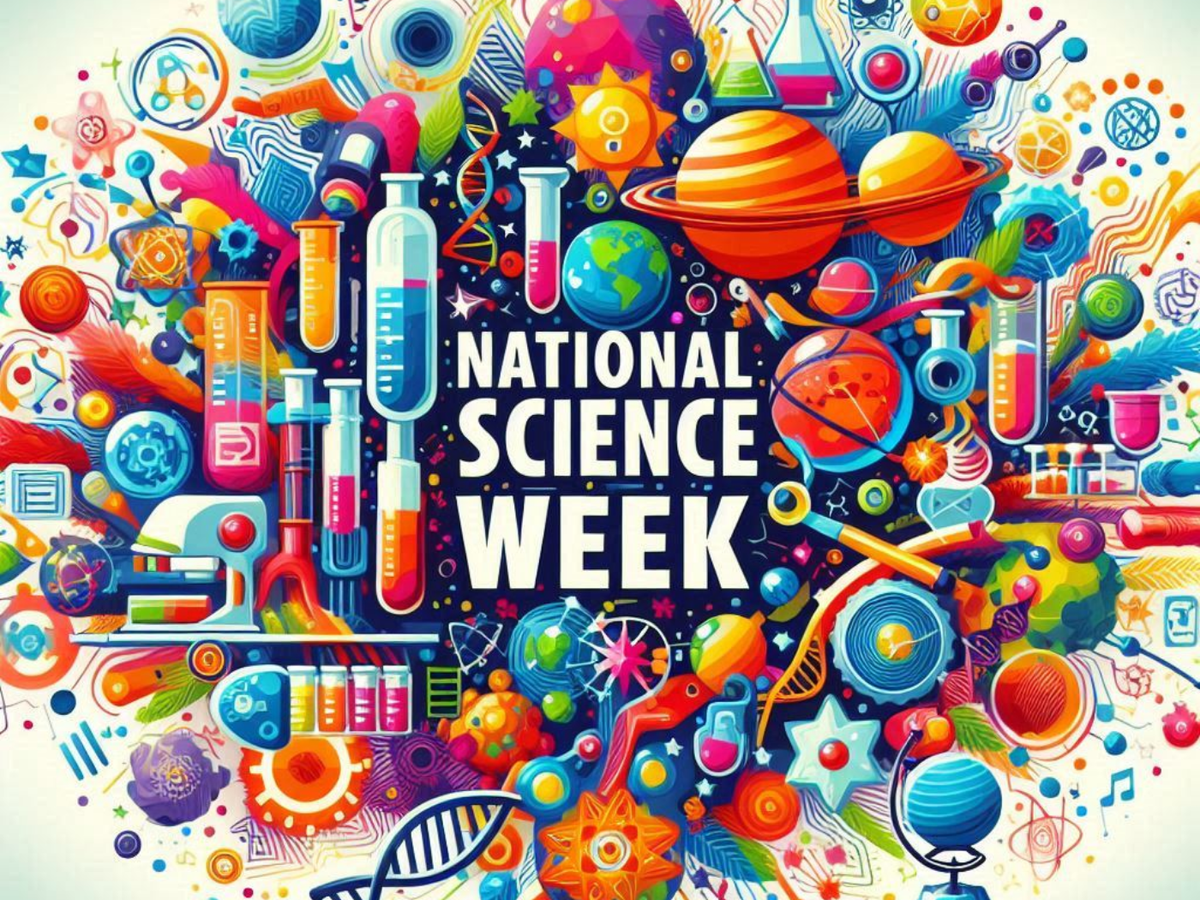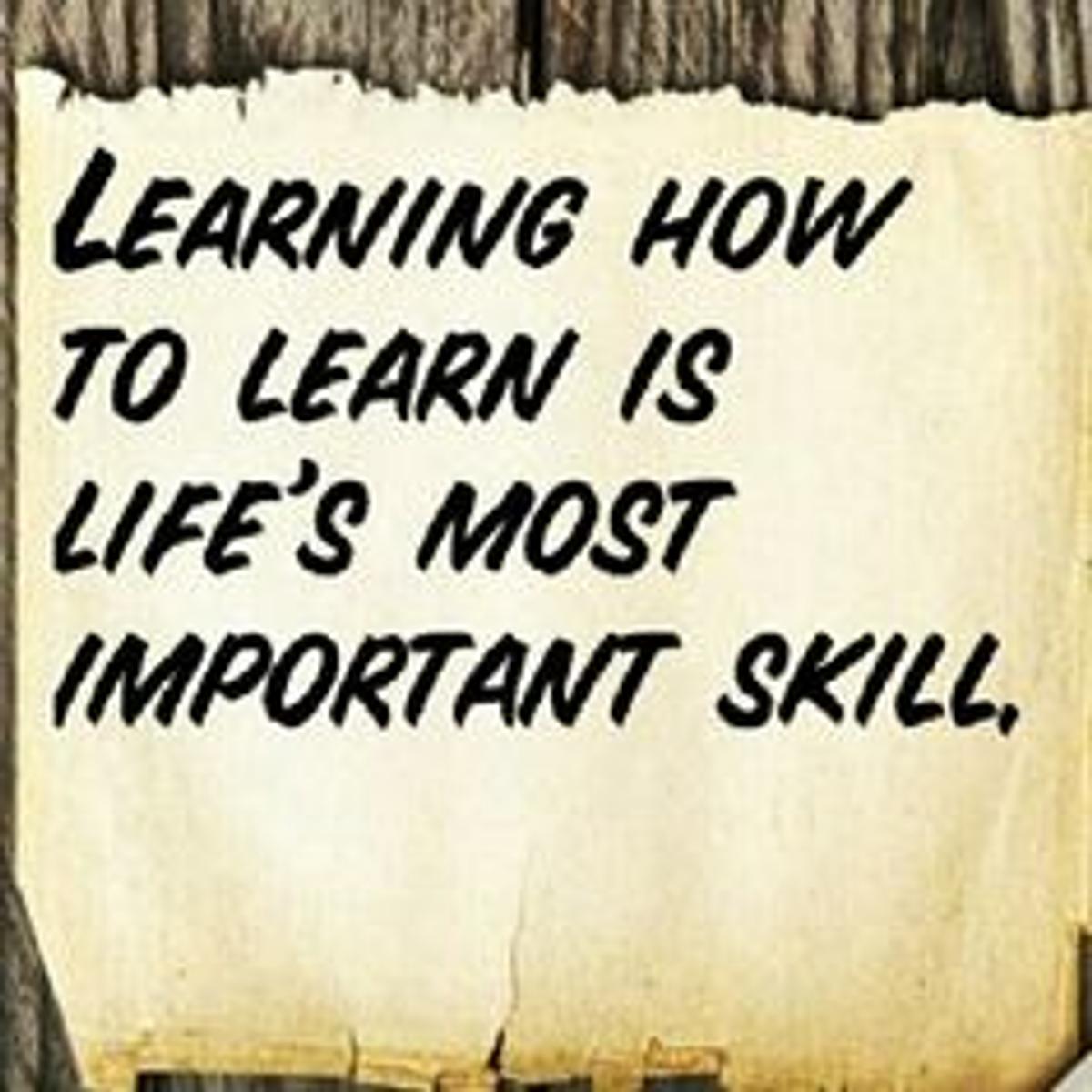Curriculum News

Welcome back! We hope you and your family have had a restful and enjoyable break. As we step into Term 3, we’re filled with excitement for the learning adventures that lie ahead.
This term promises to be a vibrant and enriching one, packed full of engaging lessons, hands-on activities, and opportunities for our students to grow both academically and personally. Our classrooms will be buzzing with curiosity, creativity, and collaboration as we dive into new topics and build on the foundations laid in the first half of the year.
Cold Calling
On the final day of Term 2, our dedicated staff came together for our Staff Development Day, where they explored “Cold Calling” - a powerful strategy to boost student engagement and ensure every voice is heard in the classroom.
What is Cold Calling?
Described by Tom Sherrington (2021) as the number one tool in classrooms to promote inclusivity. A type of questioning that is personalised and directed to targeted students. It intentionally avoids the hands up method whereby only certain students are engaging with the teacher on a regular basis. Whilst hands-up questioning can still be used in classrooms, most of the questioning whether as a tool or to deepen knowledge should be used in the cold calling style. Cold calling allows the teacher to bring all students into the lesson, allowing them to develop their communication skills ready for the wider world of work and life after school.
Cold calling is used to engage students and encourage active participation from everyone in the class. It involves the teacher strategically selecting students to answer questions or provide responses, rather than relying on volunteers or students who raise their hands. The teacher “calls” on students without advance notice, which creates a more inclusive and participatory learning environment as students know they could be asked to participate at any time. Cold calling ensures that all students are actively involved in retrieval practice and that they are held accountable for their participation. It can be a valuable tool for promoting thinking, preparing all students to contribute, and preventing a small group of students from dominating classroom interactions. Tom Sherrington
National Science Day
The school theme for National Science Week in 2025 is Decoding the Universe – Exploring the unknown with nature’s hidden language. This theme invites students and teachers across Australia to delve into the mysteries of the Universe by exploring the fundamental languages of nature, including mathematics and the groundbreaking field of quantum science.
Aligned with the 2025 United Nations International Year of Quantum Science and Technology and the 2025 International Mathematical Olympiad (IMO) being hosted in Australia, this theme serves as a bridge between basic science education and the exploration of specialised topics. “Decoding the Universe” will empower educators to inspire and engage students by exploring the mathematics and quantum science that underpin both the natural world and the modern technologies we use every day, from photosynthesis to satellite navigation.
On Monday 11 August, St Anthony’s will be celebrating National Science Week with a session full of discovery and fun! Students are invited to come dressed as their favourite scientist and immerse themselves in a variety of hands-on scientific sessions. From exciting experiments to creative challenges, the day promises to spark curiosity and celebrate the wonders of science in style!
Working together for our students,
Leanna Langlands
Instructional Specialist




